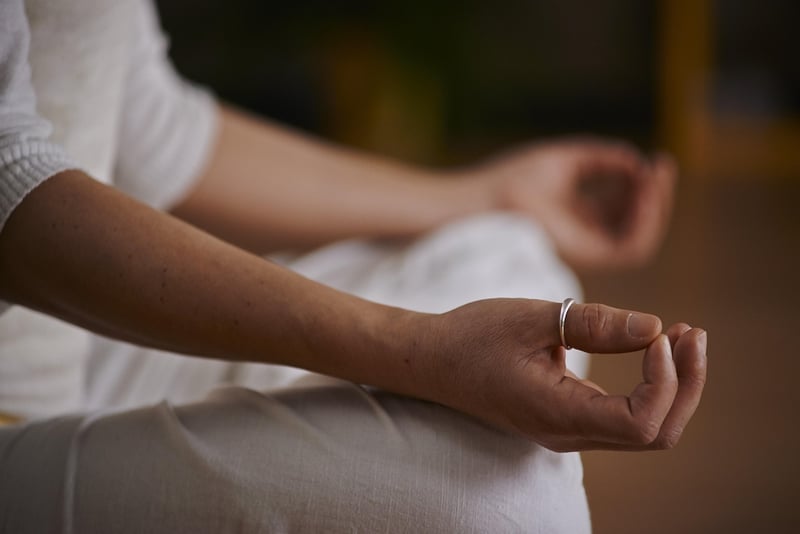Restorative Practice
The Importance of Physical and Mental Wellness in Restorative Practices

Restorative practices focus on healing and repairing harm while promoting a sense of community and well-being. Central to this approach is the emphasis on both physical and mental wellness, recognizing the interconnectedness of the mind and body in achieving overall health.
Physical Wellness
Physical wellness plays a crucial role in restorative practices as it helps individuals regulate their emotions, reduce stress, and build resilience. Engaging in physical activities such as yoga, exercise, or mindful movement can aid in releasing tension and promoting relaxation.

Regular physical exercise also contributes to improved sleep quality, enhanced self-esteem, and increased energy levels, all of which are essential for maintaining a positive outlook and coping with challenges effectively.
Mental Wellness
Mental wellness is equally vital in restorative practices as it involves cultivating a positive mindset, emotional intelligence, and self-awareness. Practices such as mindfulness meditation, journaling, and deep breathing exercises can help individuals manage their thoughts and emotions more effectively.

By enhancing mental wellness, individuals can develop empathy, communication skills, and conflict resolution abilities, which are essential components of restorative practices aimed at fostering healthy relationships and resolving conflicts peacefully.
Restorative Practices
Integrating physical and mental wellness into restorative practices creates a holistic approach to healing and transformation. By prioritizing self-care, emotional regulation, and personal growth, individuals can engage more authentically in restorative processes and contribute positively to their communities.
Embracing physical and mental wellness not only benefits individuals on a personal level but also enhances the overall effectiveness and sustainability of restorative practices in creating a more compassionate and interconnected society.
By nurturing both body and mind, individuals can cultivate resilience, empathy, and well-being, fostering a culture of understanding and support that lies at the heart of restorative justice.
